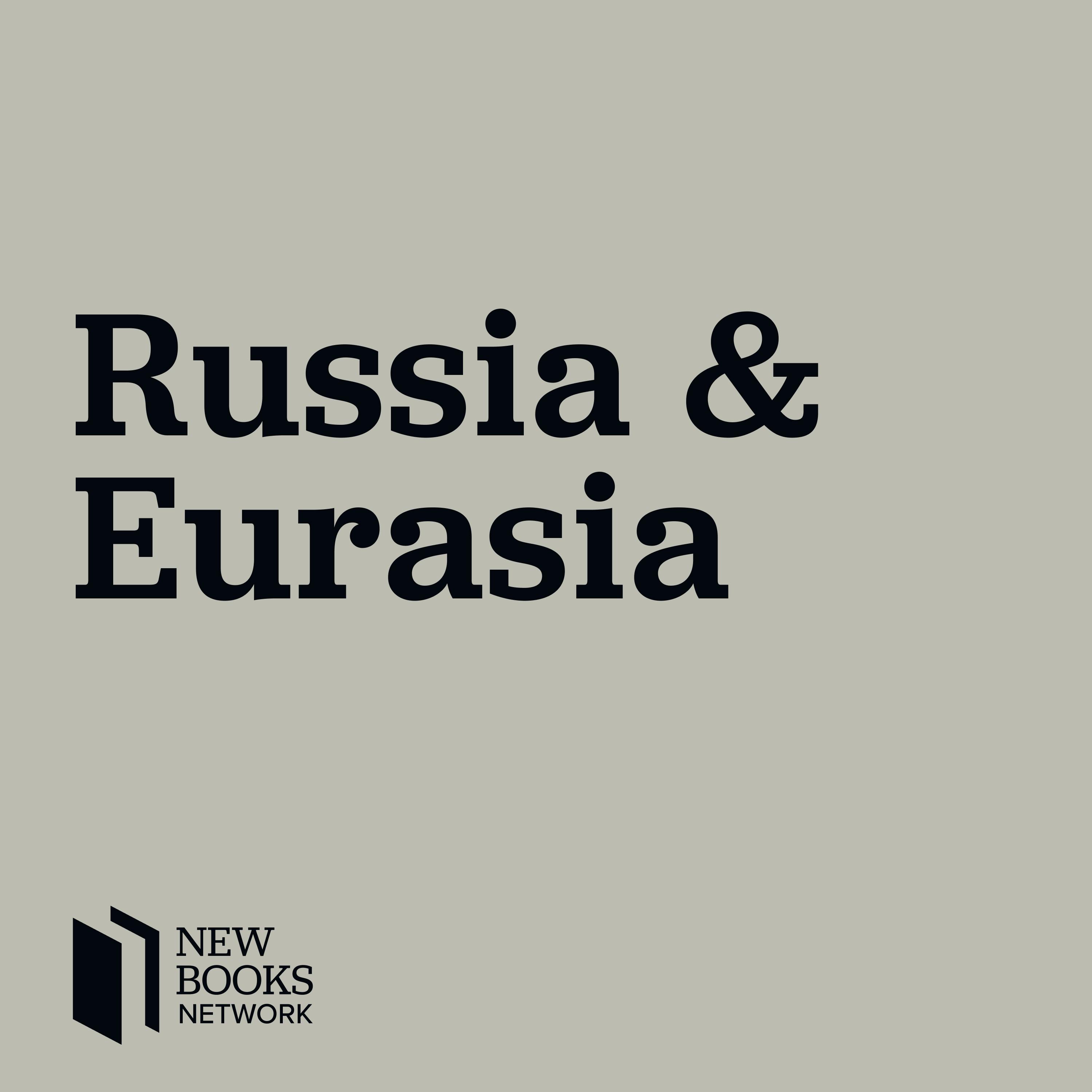Vladimir Hamed-Troyansky, "Empire of Refugees: North Caucasian Muslims and the Late Ottoman State" (Stanford UP, 2024)
Description
Between the 1850s and World War I, about one million North Caucasian Muslims sought refuge in the Ottoman Empire. This resettlement of Muslim refugees from Russia changed the Ottoman state. Circassians, Chechens, Dagestanis, and others established hundreds of refugee villages throughout the Ottoman Balkans, Anatolia, and the Levant. Most villages still exist today, including what is now the city of Amman. Muslim refugee resettlement reinvigorated regional economies, but also intensified competition over land and, at times, precipitated sectarian tensions, setting in motion fundamental shifts in the borderlands of the Russian and Ottoman empires.
Empire of Refugees: North Caucasian Muslims and the Late Ottoman State (Stanford UP, 2024) reframes late Ottoman history through mass displacement and reveals the origins of refugee resettlement in the modern Middle East. Vladimir Hamed-Troyansky offers a historiographical corrective: the nineteenth-century Ottoman Empire created a refugee regime, predating refugee systems set up by the League of Nations and the United Nations. Grounded in archival research in over twenty public and private archives across ten countries, this book contests the boundaries typically assumed between forced and voluntary migration, and refugees and immigrants, rewriting the history of Muslim migration in the nineteenth and early twentieth centuries.
Dr. Vladimir Hamed-Troyansky is a historian of global migration and forced displacement and Assistant Professor of Global Studies at the University of California, Santa Barbara. His research examines Muslim refugee migration and its role in shaping the modern world. He is the author of Empire of Refugees: North Caucasian Muslims and the Late Ottoman State (Stanford University Press, 2024). Dr. Hamed-Troyansky is currently working on a transnational history of Muslim displacement in the Middle East, Central Asia, and South Asia since 1850. His articles appeared in Past & Present, Comparative Studies in Society and History, International Journal of Middle East Studies, Slavic Review, and Kritika. He received his Ph.D. in History from Stanford University and served as a postdoctoral fellow at Columbia University.
Learn more about your ad choices. Visit megaphone.fm/adchoices
Support our show by becoming a premium member! https://newbooksnetwork.supportingcast.fm/russian-studies
More Episodes
Today we are going to explore a fascinating volume of the Yiddish library, the autobiography of Pinkhes-Dov Goldenshteyn. Set in Ukraine and Crimea, this unique autobiography offers a fascinating, detailed picture of life in late nineteenth- and early twentieth-century Tsarist Russia....
Published 06/28/24
In The Soviet Union and the Construction of the Global Market. Energy and the Ascent of Finance in Cold War Europe, 1964–1971 (Cambridge University Press, 2023), Oscar Sanchez-Sibony reveals the origins of our current era in the dissolution of the institutions that governed the architecture of...
Published 06/22/24
Linked by declarations of emancipation within the same five-year period, two countries shared human rights issues on two distinct continents. In When Emancipation Came: The End of Enslavement on a Southern Plantation and a Russian Estate (McFarland, 2022), readers will find a case-study...
Published 06/19/24


